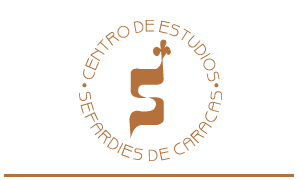Sephardic Jews (Sephardic meaning the Spanish in Hebrew) are the decedents of those Jews that were exiled from Spain in 1492 during the Spanish inquisition. The Sephardic Spreads along many countries.
Some settled in the south of France, in the cities of Bayonne and San Juan de Luz. Others went to Portugal, where they would also be exiled, then going to countries like Holland and cities in the north of Germany like Bremen and Hamburg.
Some others went to the Moorish kingdoms of Morocco and even Syria, while a small fraction of them established themselves in countries like Denmark, Switzerland, and Italy.
Many Sephardic stayed in Spain under Christian disguises (marranos) and later went to the islands of the Caribbean, like Jamaica, or even to Brazil, Peru, and Mexico, where many of them participated in the Spanish and Portuguese conquests of the area..
However, the great majority of the Sephardics went to the Ottoman Empire where they established four great communities, greater than any is Spain: Salonika (Greece), Istanbul and Smyrna in Turkey, and Safed in Palestine. Still, the Sephardic settled in almost every important city of the Empire. They founded communities in Sarajevo (Bosnia), Belgrade (Serbia), Monastir (Macedonia), Sofia and Russe (Bulgaria), Bucharest (Romania), Alexandria (Egypt) and Edirne, Canakkale, Tekirdag, and Bursa in modern day Turkey.





